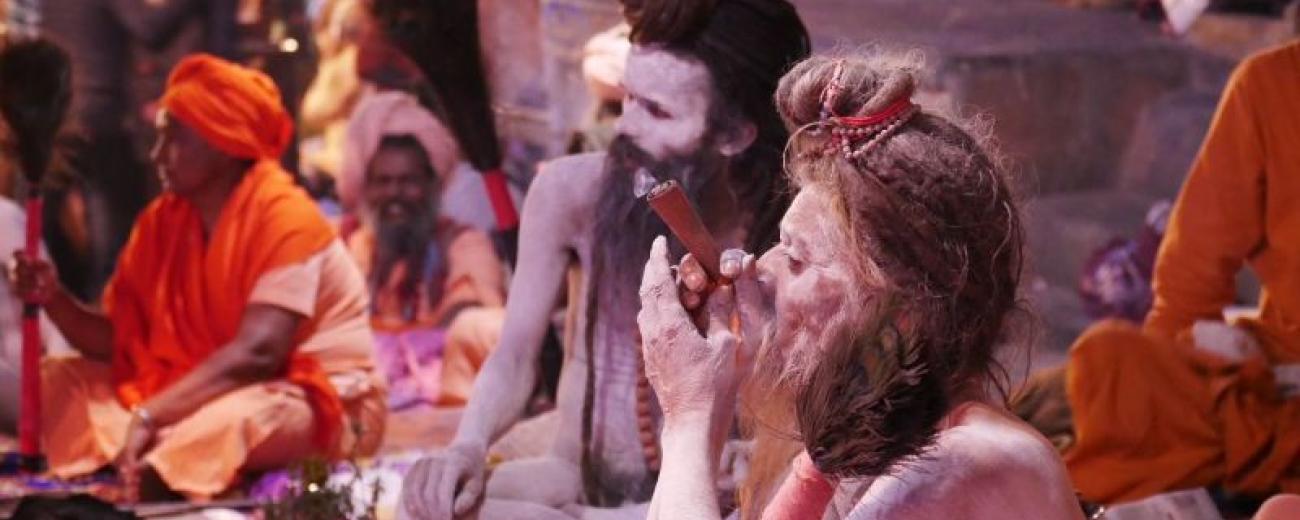Indology: Voices from the field


Geoffrey Samuel, The Origins of Yoga and Tantra; Indic Religions to the Thirteenth Century (2008, CUP)
Geoffrey Samuel's book is a core text on the SOAS Traditions of Yoga and Meditation MA course and continues to be an invaluable reference on the early development of yogic and tantric traditions in India. It is a helpful launchpad from which to study further, as it is written with a thorough awareness of the landscape of past scholarship and of the potential academic pitfalls of this area of study. A masterclass in academic objectivity, Samuels underlines the importance of admitting to gaps in knowledge, the risks of hypothesising beyond the realms of evidence and of over-romanticising the past, and (perhaps most importantly) how much opportunity there remains for scholarship to challenge and further our understanding of these traditions.
A striking feature of the last few decades of Indological research has been not only the growth of new knowledge but also the gradual realisation that much of what scholars thought that they already knew was far less secure than had been assumed..' (2008:12)
Gavin Flood, The Tantric Body: The Secret Tradition of the Hindu Religion (2005, Bloomsbury)
Gavin Flood does not claim this to be a work of Indology but rather that it draws on Indology to present a particular reading of a range of textual material. This is an example of an approach to Indology wherein past methodologies remain relevant, to strengthen academic investigation and argument in a contemporary context, and can be used in productive cooperation with other traditions and disciplines - in this case what Flood describes as 'post-foundational religious studies'.
The argument of this book , on the contrary, is that in its medieval context the tantric body is not a given that is discovered but a process that is constructed through dedicated effort over years of practice.' (2005:6)
Jessica Frazier, Hindu Worldviews; Theories of Self, Ritual and Reality (2017, Bloomsbury)
Frazier explores the theme of 'self' through classical Hindu theory and primary source materials with an awareness that, in her own words, is intended to 'unmask Western assumptions and offer new paradigms for interpretation'. The introduction section is particularly helpful in surfacing the key thinkers, theories and developments in Western thought and in laying out how we may continue to engage with other religions, cultures, traditions and models of knowledge in a way that refuses to dominate but rather aims to expand horizons and our understanding selfhood in the modern world.
'..understandings of India are too often overwritten by ideas of reason taken from Ancient Greece, the biblical heritage, the European Enlightenment and the social and natural sciences in their modern Western form. Against this, the present book assumes that all theory, made accessible, adds to the shared resource of ways of thinking - and that Europe has too long dominated that resource.' (2017:4)
Past Centre of Yoga Studies talks
- The Haṭha Yoga Project Understanding the History of Physical Yoga
- John Cort Gurus, Monks and Naked Yogīs: The Ideal Jain renouncer in Digambara Literature
- James Mallinson Early Haṭhayoga: Buddhist Tantric Sex to Hindu Physical Yoga



